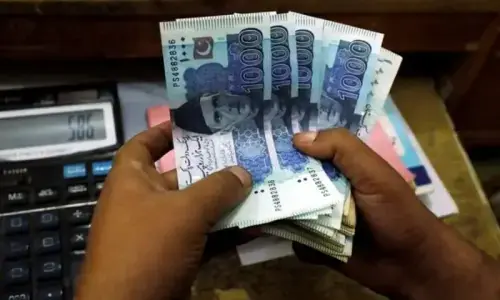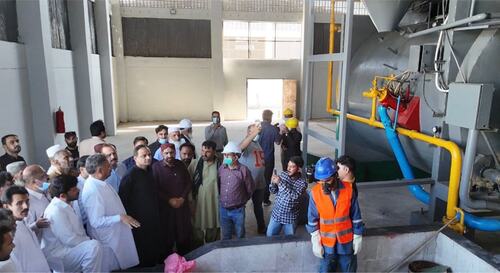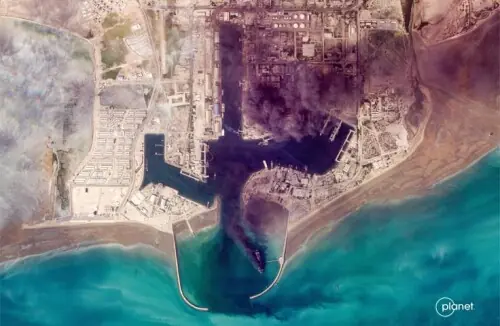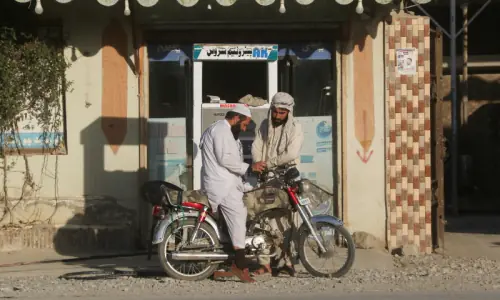KARACHI: Nearly two-thirds of the victims of a killer heatwave that swept Sindh last week were homeless people, the provincial health minister said Monday, as the death toll in Karachi reached over 1,200.
The city of 20 million inhabitants is a sprawling metropolis with few green areas and has scant facilities for coping with intensely hot weather.
Those living on the city's streets have little access to shelter or safe drinking water, making them particularly vulnerable to the scorching temperatures.
“About 60 to 65 per cent of the heatstroke victims were beggars and heroin addicts, street people,” Jam Mehtab Dahar, the provincial health minister told AFP.
Zafar Ejaz, a senior health official, said the death toll as of Monday stood at 1,229 across the city's hospitals.
After peaking at around 45 degrees Celsius (113 Fahrenheit) on the weekend of June 20-21, the heat subsided to the mid-30s later in the week as the city's customary cooling sea breeze returned.
Among the remaining 35 to 40 per cent of deaths, elderly women who died in their homes comprised a majority, Dahar said, suggesting power cuts had played a role as people had been unable to use fans or air conditioners.
“The women were at homes and not directly exposed to heat unlike the street people,” Dahar added.
This year's heatwave has also coincided with the start of Ramazan, during which millions of devout Pakistanis abstain from food and drink from sunrise to sunset.
Under the The Ehtram-e-Ramazan Ordinance, 1981, it is illegal for Muslims to eat or drink in public during daylight hours in Ramazan, though the crisis prompted some clerics to advise people they should stop fasting if their health is at risk.
































